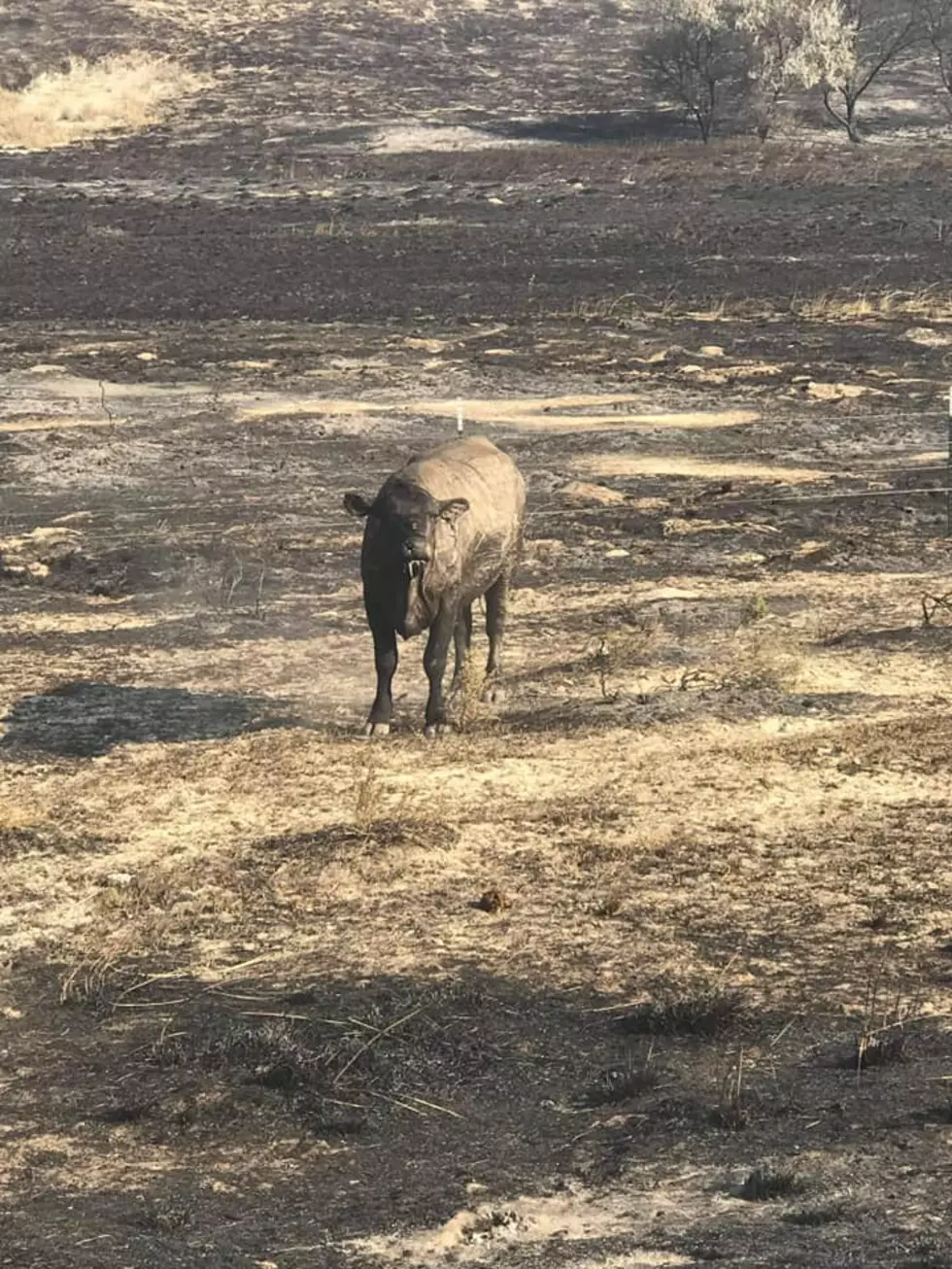
WDFW: Delisting Changes Little In Washington
With the Department of the Interior's decision to remove the gray wolf from the Endangered Species Act, wolf management in Washington now falls predominantly on the state Department of Fish and Wildlife. WDFW Wolf Coordinator Julia Smith said the delisting will not lead to many changes for the department since 21 of Washington's 26 packs have been in the federally delisted eastern part of the state, meaning they’ve been under the state’s authority since 2011. Gray wolves still remain state endangered in all of Washington.
"Our emphasis on proactive, non-lethal deterrence is going to be there regardless of any sort of listing status or recovery status. If conflict were to get to such a state that it needed to get to the point where we would consider lethal removal, that would be an option that's on the table, but that has already been on the table for most of Washington's wolves anyway."
For the state, the change means in the future they can implement wolf conservation and management plans without going through U.S. Fish and Wildlife.
"Oregon has a situation that is very similar and comparable to Washington. Idaho is less comparable. Idaho has a very healthy, robust population of hundreds of wolves. But we still do collaborate and speak with leadership and their on-the-ground staff in both states because there is always things we can learn from each other and certainly communicate about our wolf population that's truly one population."
Smith added another advantage of the delisting is that resources that previously went to the gray wolf can now be redirected to endangered species that face a more immediate biological need.
If you have a story idea for the PNW Ag Network, call (509) 547-1618, or e-mail gvaagen@cherrycreekmedia.com
More From PNW Ag Network









